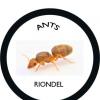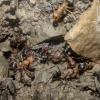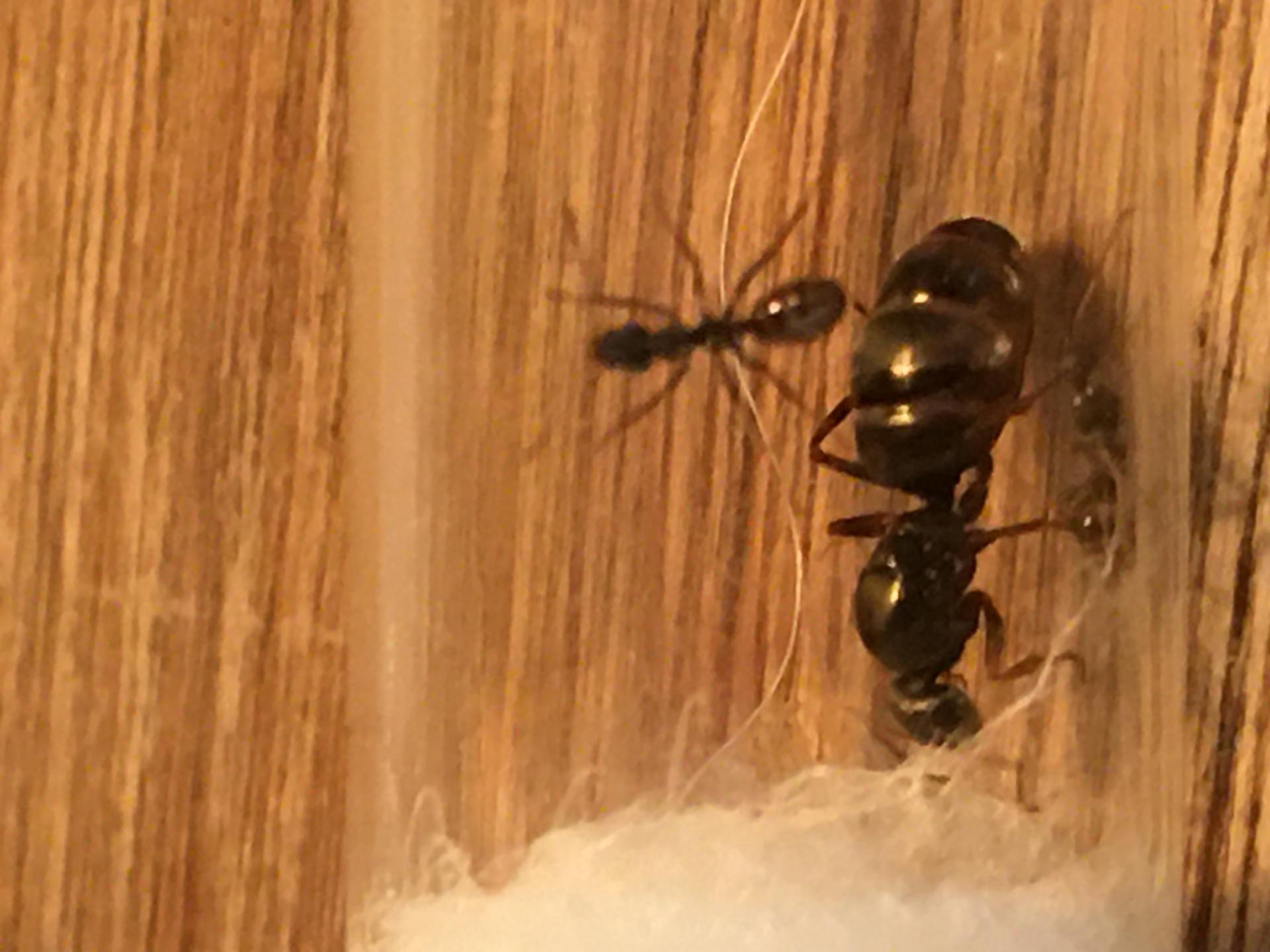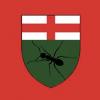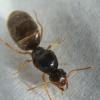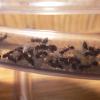Yeah, you can't get any further than Fusca group Formica without better images & information.
Hi there! I went on a 6 month or so hiatus, in part due, and in part cause of the death of my colonies.
However, I went back to the Sierras, and restarted my collection, which is now as follows:
Aphaenogaster uinta, Camponotus vicinus, Camponotus modoc, Formica cf. aserva, Formica cf. micropthalma, Formica cf. manni, Formica subpolita, Formica cf. subaenescens, Lasius americanus, Manica invidia, Pogonomyrmex salinus, Pogonomyrmex sp. 1, Solenopsis validiuscula, & Solenopsis sp. 3 (new Sierra variant).
![]()


